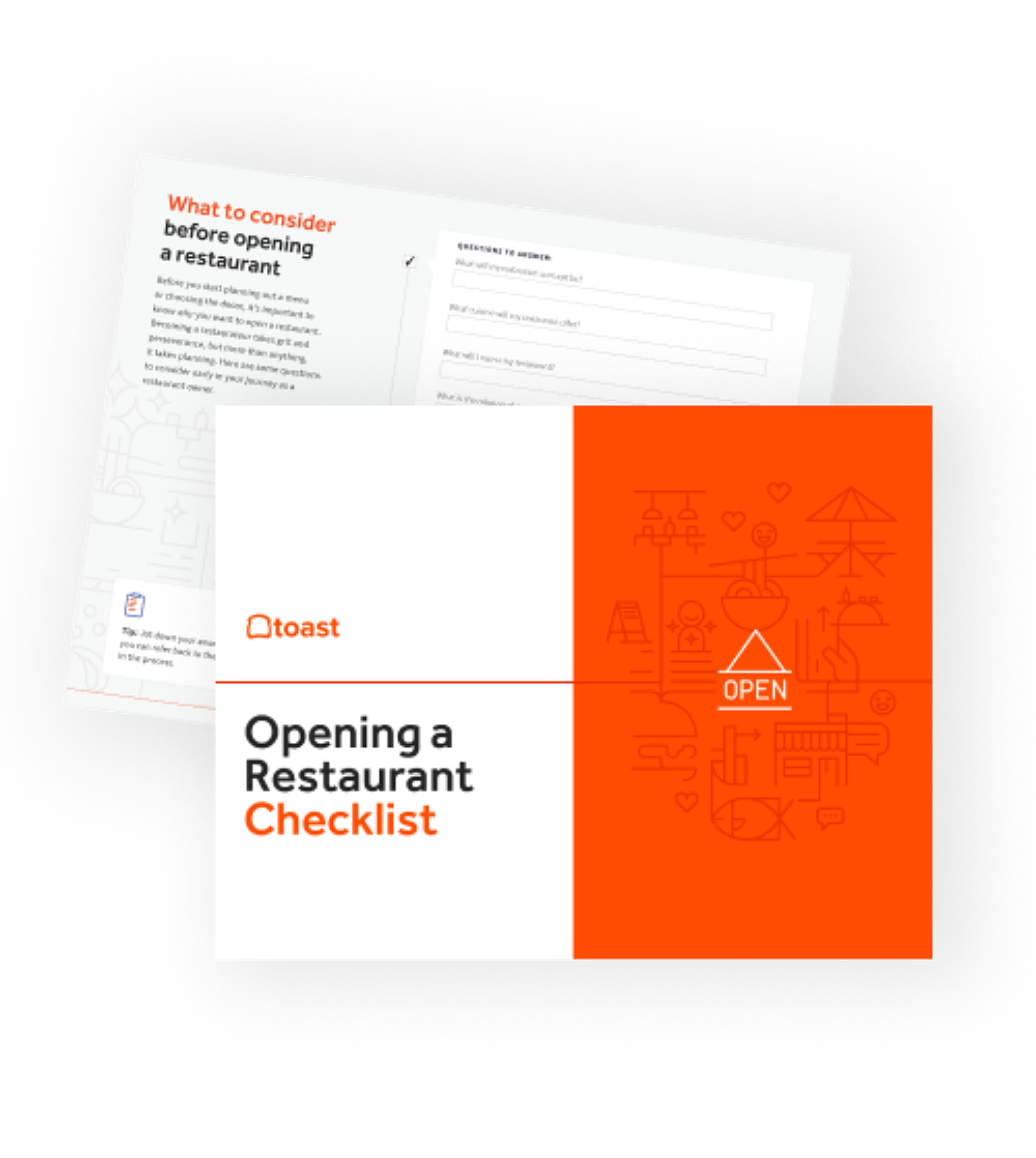Barbeque restaurants specialize in barbecue-style food and the cooking method has been adopted across a variety of cuisines. In the United States, barbecue is extremely popular. Learn about the different types of barbecue restaurants, how to start one, and the history of this restaurant type.
What is a barbecue restaurant?
A barbecue restaurant is a restaurant that specializes in barbecue cuisine. The word “barbecue” refers to a type of grill that is used for cooking a meal or specific food items, usually meat, fish, or vegetables over a wood or charcoal fire. A barbecue restaurant will typically offer barbecue food and may specialize in a specific type of barbecue grill or cuisine, such as Korean barbecue, southern barbecue, or Japanese barbecue, among others.
What is the history of barbecue restaurants?
The term “barbecue” traditionally refers to an outdoor social or shared meal during which the food is cooked on a grill or in a pit over a fire burning on wood or charcoal. The word is often abbreviated as “BBQ” and the term can also refer to a specific grill type or cooking pit, the spices and sauces used, or even the type of food being cooked, such as strips of beef or pork meat.
The word barbecue was originally adopted from the indigenous Caribbean peoples’ word “barbacoa,” which described a green wood grating that meat strips were placed on for cooking or drying over a slow-burning fire. The Spanish colonizers learned this cooking style and showed it to French and English colonists who took up the method, which then became popular, particularly in the southern settlements in the Americas. By the 19th century, barbecue became a regular method of cooking among gatherings in the southern states, thus increasing the presence of barbecue cuisine in these areas.
How do you start a barbecue restaurant?
To start a barbecue restaurant, you need to write a business plan, find a location and design your food menu. Since there are a few different ways to set up a barbecue restaurant, you should consider whether you want to open a roadside barbecue stand, a food truck barbecue business, or a brick and mortar barbecue restaurant. Once you identify the location and type of barbecue grilling method that you will use, you can write a business and financial plan for opening your barbecue restaurant.
Since the main purpose of a barbecue restaurant is to sell different barbecued meats, to start one, you will need a grill and a good supplier for your meats. Licenses and permits are also essential. Depending on your space and location, you may need to obtain a permit for your barbecue grill type, so you may want to consult with your local fire department when viewing or deciding on a location. Whether you plan to sell roadside, through a food truck, or in a brick and mortar, you will need to obtain a health department permit, a food handler’s license, and a food sales permit. And, you’ll need a liquor license if you plan to sell alcohol.
Moreover, a typical barbecue restaurant usually provides a more laid-back, family-friendly atmosphere, as barbecue meals are traditionally a social gathering event. You will want to consider offering an ample amount of seating space for your customers who will likely attend your barbecue restaurant in larger group sizes. This may mean you need to find a location with a wide or outdoor patio seating area and provide large seating options, such as picnic tables.
How much does it cost to start a barbecue restaurant?
Depending on your rent, furniture choices, and how you’re renovating your space, total restaurant startup costs can range from $95,000 to over $2 million.
The main cost associated with starting a barbecue restaurant is the down payment you will need to make on your food truck or the rental space. The second major expense is the commercial equipment you will need to acquire as a typical barbecue restaurant uses a commercial smoker and barbecue grill.
On average, this commercial equipment will cost you about $6,000. If you decide to go the food truck route, the average cost for a reliable food truck is between $50,000 and $175,000.The cost will vary depending on your vision for the business, which is why it’s important to write a business plan and calculate your restaurant opening costs.
What are the most popular types of barbecue restaurants?
In America, there are four main barbecue styles recognized across prominent barbecue regions: Kansas City, Carolina, Memphis, and Texas.
Data and Google trends indicate that Texas-style barbecue is the most popular type of barbecue, which specializes in brisket cooked slowly over low heat with a simple salt and pepper rub and an optional, light tomato sauce. This also aligns with data indicating that brisket is the most popular barbecue-style meat; followed by turkey, chicken, chicken wings, and pork butt.
The other three popular types of barbecue are:
Kansas City barbecue: focuses on a wide variety of meats usually coated in a thicker sauce made with molasses and brown sugar;
Carolina-style barbecue: can refer to either North Carolina (usually pork meat marinated with vinegar and a spiced sauce) or South Carolina (where they cook a whole hog and use a tangy, mustard-based sauce);
Memphis-style barbecue: centers on ribs and pulled pork with a dry spice rub.
Is this article helpful?
DISCLAIMER: This information is provided for general informational purposes only, and publication does not constitute an endorsement. Toast does not warrant the accuracy or completeness of any information, text, graphics, links, or other items contained within this content. Toast does not guarantee you will achieve any specific results if you follow any advice herein. It may be advisable for you to consult with a professional such as a lawyer, accountant, or business advisor for advice specific to your situation.
